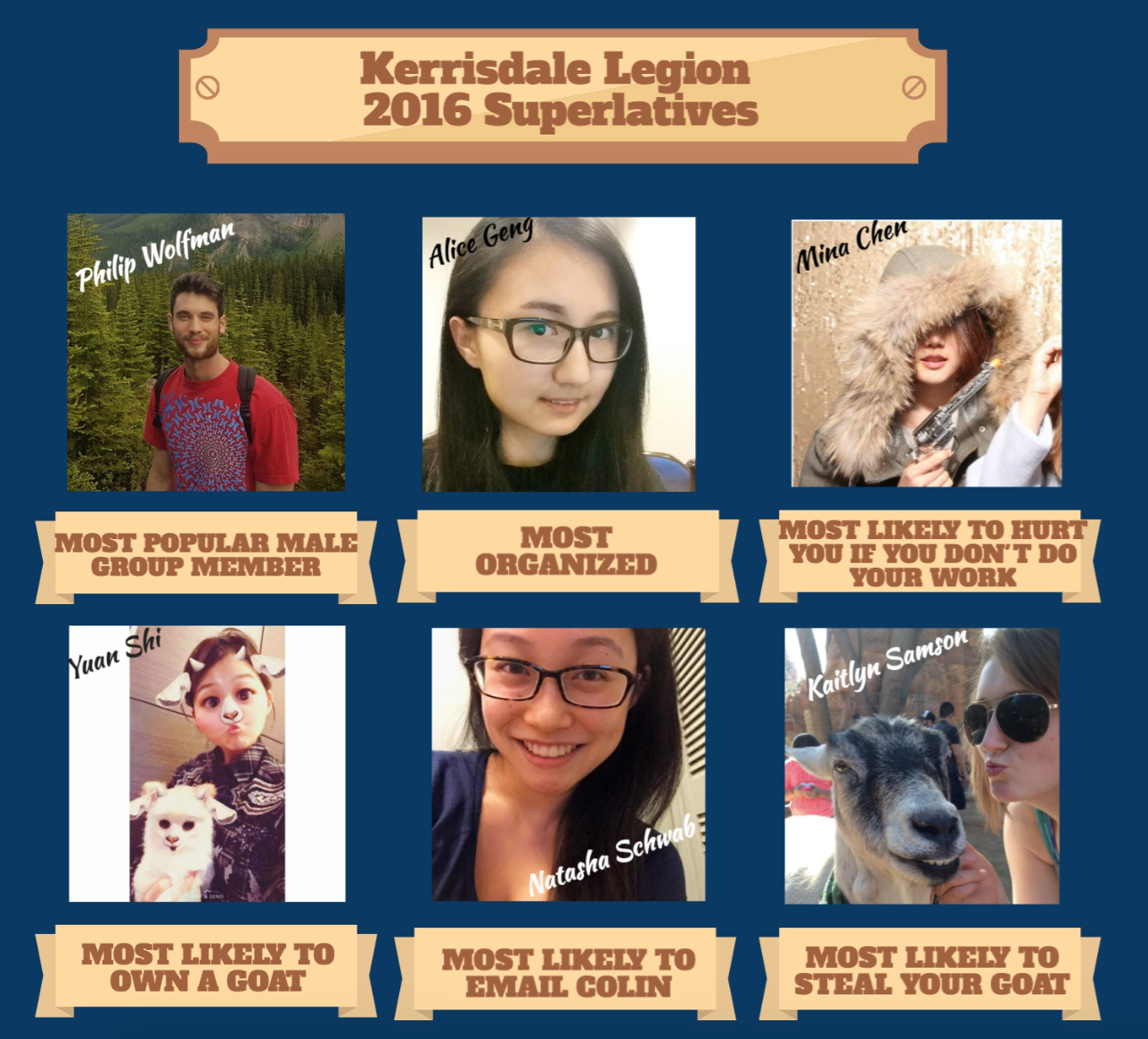To quote Ivy Baker Priest, “The World is round and the place which may seem like the end may also be the beginning.” Whilst it is time to say goodbye, we truly feel the end of this group project only marks beginning of our impact upon society as LFS students. Prior to LFS 350 and this community project, we only had vague idea of what food security, food sovereignty and food justice meant. Now, not only do we have a better understanding of what these terms mean, but we also have come to comprehend how they play a role in determining our local and global food systems. Furthermore, we now recognize how our food system is intrinsically linked with the economy, community, government, and environment. Armed with this knowledge, we believe that we are better prepared to start making our mark upon society by helping address inequalities and create a sustainable food system for all.
Currently, our main objectives are completing our final report and infographic. To be honest, it amazes Natasha how 12 weeks worth of hard work can be condensed into a 21 by 30 inch infographic or a 1500 word report. Whilst our infographic captures our results, it fails to capture the countless hours spent researching, writing and reflecting on our findings, the fear and anxiety we felt when we were turned away by Legion staff and the stress and difficulty of balancing a research project along with other coursework and responsibilities. That being said, these challenges have brought us closer together as a group and made it a truly rewarding learning process.
What?
As described in blog 3, our initial visit to the legion felt like a disaster. We were met with hostility in our attempt to collect data regarding the legion’s kitchen, one of the main focus points of our project, and did not manage to collect any data on the kitchen infrastructure whatsoever.
Our second visit to the legion was not much of a success either. Despite the consent of the Legion president, the kitchen staff still refused to cooperate. The staff avoided answering our questions and did not allow us to enter the kitchen. Therefore, we could only observe and take photos of available infrastructure through the pass window.
So What?
Upon realizing that our entire project may be in jeopardy, our group began to stress about the direction our project was heading. Would we have enough data to analyze and meet our project objectives? How can we draw any conclusions about the kitchen when we had only seen it through a 3 by 5 feet window? This experience illustrated to us the difficulty and reality of community research. With so many external variables, things do not always go according to plan, even when you think you are prepared for every possible scenario.
Now What?
In the midst of our panic, we forced ourselves to sit back and regroup. We reflected upon the data we did manage to collect and explored different avenues for our project. This hurdle illustrated the need for flexibility in the community research process and how we must learn to work with what we have. Furthermore, as outsiders who have the privilege to work within a community, we cannot assume that we have the communities trust – it must be earned. Thus, it is critical that we listen to their voices and needs first, and not assert ours over theirs.
Luckily, we were able to set up a meeting with the Legion’s president and obtain some of the data we were lacking from our initial visit. During this meeting, we kept appreciative inquiry in mind and used it as a primary means of gaining data to use in our asset-based community development. Our opportunity to use this technique demonstrated to us how effective and important it is to listen to our community partners in order to come up with sustainable solutions. Our initial experience may have provided us with a lot stress and uncertainty, but it allowed us to explore more creative solutions, giving us the opportunity to play the unplayable piano (Harford, 2016).
Psst…something silly to close off this semester:
